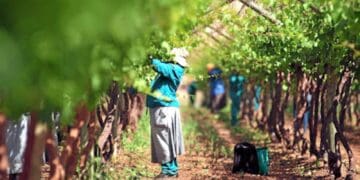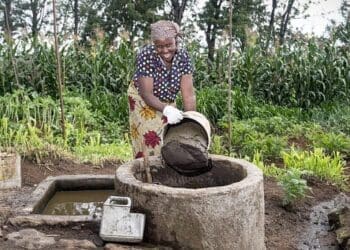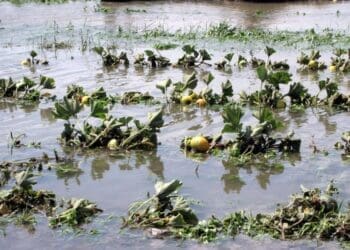Poultry farmer Thabiso Nkontwane from Mogwase in the North West has been waiting for months for feedback on his application for government funding.
“They tell us to apply for funding, but the forms are complicated and there’s no guidance. I’ve been waiting months without feedback. Meanwhile, feed prices go up and my chickens die during blackouts,” Nkontwane told Vutivi News.
For youth-led agri-businesses, operating without basic infrastructure and dealing with government bureaucracy is a daily reality.
Limited water access, erratic electricity supply, lack of storage facilities and poor transport systems all impact productivity and profits. Most cannot afford the equipment needed to scale up or comply with food safety regulations required to access formal markets.
While the recently launched Youth in Agriculture and Rural Development (YARD) initiative has gained attention for encouraging young people to join the agricultural economy, small business owners in rural areas say the gap between policy and practice remains wide.
The programme aims to support youth-led SMMEs by improving access to land, funding, markets and technical training.
“We are fully aware of the challenges young farmers face, from lack of funding to limited market access,” agriculture and rural development MEC Madoda Sambatha said.
“Our department is working to roll out sustainable solutions like mobile agri-hubs, streamlined grant processes and targeted mentorship. These interventions are in the pipeline and will be implemented to ensure youth are not left behind in the agricultural economy.”
Technical research officer at JET Education Services, Simphiwe Ntuli, told Vutivi News that while young farmers were told to innovate and lead, there was no enabling environment.
“It’s not just about seed and soil; it’s about systems that help small businesses survive. Without consistent support, many give up.”
YARD is being integrated into broader government efforts, including the Presidential Employment Stimulus, and the Agriculture and Agro-Processing Master Plan.
While some programmes aimed at small businesses are new, there have been some wins.
In parts of Ngaka Modiri Molema district, a pilot mentorship project has helped young people increase crop yields through precision farming tools.
In Rustenburg, a co-operative of women farmers secured a contract to supply local supermarkets with spinach and tomatoes.
Boitumelo Mokoetle, who is YARD’s provincial coordinator, said efforts were underway to formalise more youth-owned agribusinesses and link them to financing institutions like the Small Enterprise Finance Agency and the Land Bank.
“We want youth to think beyond subsistence. But we also need to remove the red tape that keeps them out,” she said.


























































